For decades, Guangzhou has been a magnetic hub for audiophiles, not just as a manufacturing titan but as a living, breathing ecosystem for high-fidelity sound. The city’s true sonic treasures, however, aren't found on glossy brochures or mainstream shopping guides. They reside in the whispered recommendations between trusted friends, in the hushed, reverent tones of those who have been there. To uncover the secret haunts of Guangzhou's most discerning listeners is to embark on a quest for auditory nirvana.
The journey often begins not in a shop, but in the unlikeliest of places: a quiet tea house tucked away on a side street in the Yuexiu district. Here, over cups of meticulously brewed pu'erh, connections are made. Conversations start with the weather or tea vintages but inevitably drift toward amplifiers, DACs, and the elusive quality of "air" around instruments. It is in these casual exchanges that a name might be dropped, a business card discreetly slid across the table, or a hand-drawn map sketched on a napkin. This is the old-world, analog gatekeeping that still defines the inner circle. Trust is the only currency that grants entry.
One such legendary spot, known only by the moniker "The Listening Room," is said to be accessed through a non-descript door behind a fabric wholesaler in the Liwan district. There is no sign, no listed phone number. Your first visit must be accompanied by a member. Inside, the outside world vanishes. The space is a temple to acoustics, with treatments painstakingly built into the walls and a power supply purified by a bank of dedicated regenerators. The owner, a man known as Mr. Chan, is less a salesman and more a curator. He speaks in low tones about circuit topology and the harmonic distortion of NOS tubes, letting the systems—featuring esoteric brands from Scandinavia and hand-built mono blocks from Japan—do the real talking. An afternoon here isn't a demo; it's a masterclass in what is possible when no compromise is tolerated.
Venturing into the Tianhe district, another layer of the scene reveals itself. On the upper floors of unassuming commercial buildings, behind offices labeled vaguely as "Audio Import/Export," lie private listening salons. These are often run by manufacturers or distributors who use the spaces to showcase their flagship products to serious buyers and reviewers away from the bustle of public exhibitions. Finding them requires insider knowledge, often gleaned from forums on obscure Chinese audiophile websites where members vet newcomers rigorously. The atmosphere is clinical yet intense, focused on A/B comparisons between cables worth thousands of dollars and debates on the merits of DSD versus high-resolution PCM. It's a world of specs and measurements, but always in service of the emotional impact of the music.
Beyond the dedicated listening rooms, the culture thrives in more communal, though equally hidden, settings. Some of the most profound audio experiences happen in the homes of veteran collectors. These are informal gatherings, sometimes called "listening parties," announced through closed chat groups. An address in a leafy suburb of Baiyun is shared, and a dozen enthusiasts will arrive, each often bringing a prized LP or a piece of gear to share. The systems in these homes are lifelong projects, Frankenstein's monsters of the best parts from around the globe, wired with custom-made silver cables and resting on isolation platforms carved from rare stone. The listening is active and critical—a passage from a Mingus album might be played three times over on different turntable cartridges—but the camaraderie is genuine. It’s here that the hobby’s technical obsession seamlessly merges with its soul.
The hunt for components is another part of the pilgrimage. While the city is famous for its electronics markets, the cognoscenti skip the crowded main floors. They head to the back offices of certain dealers in the Saiyuan electronics market or make appointments with specific technicians on the upper levels of the old town. In these cluttered, workshop-like spaces, you can find the true artisans: the man who re-tips moving coil cartridges with microscopic precision, the woman who hand-winds output transformers using secret techniques, the engineer who modifies vintage CD players into dedicated transports that rival modern units costing ten times the price. These are the unsung heroes who maintain and elevate the systems that define the high-end experience.
What truly binds these secret据点 together is a shared philosophy. It is a rejection of the mass-produced and the commercially convenient. It is a belief that reproducing music is an art form in itself, demanding endless pursuit of perfection. The spaces are quiet, respectful sanctuaries where the only goal is to get closer to the original performance, to feel the breath of the singer, the rasp of the bow on the cello string, the exact decay of a cymbal hit in a jazz club fifty years ago. This pursuit creates a unique bond among those who understand it, a silent acknowledgment passed between strangers who might spot each other carrying a tell-tale box from a specialist dealer.
Ultimately, the secret audio haunts of Guangzhou form a parallel city, a hidden network of passion and precision. They cannot be found on a map because they are not static locations; they are experiences built on trust, expertise, and a deep, abiding love for music. To be granted access is to be let in on one of the city's best-kept secrets, a world where the signal is always pure, the noise is forever silenced, and the only thing that matters is the truth of the sound.
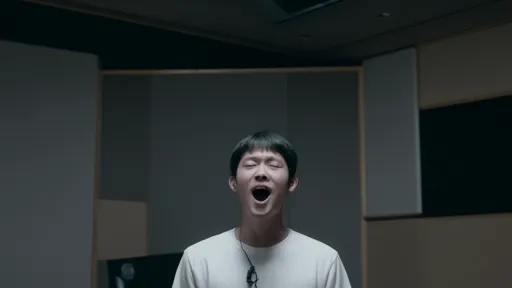
By /Aug 22, 2025

By /Aug 22, 2025
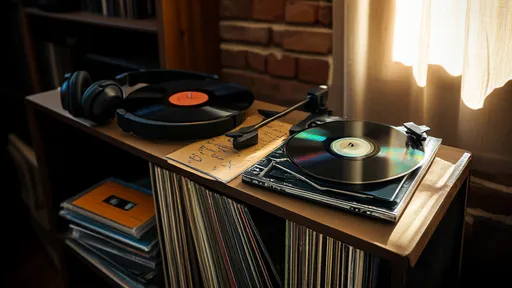
By /Aug 22, 2025
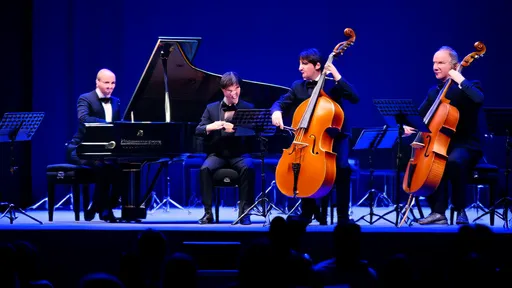
By /Aug 22, 2025

By /Aug 22, 2025

By /Aug 22, 2025

By /Aug 22, 2025

By /Aug 22, 2025
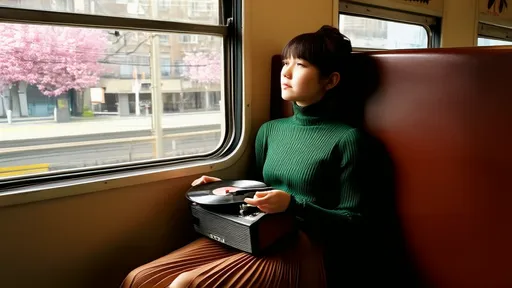
By /Aug 22, 2025

By /Aug 22, 2025

By /Aug 22, 2025

By /Aug 22, 2025

By /Aug 22, 2025
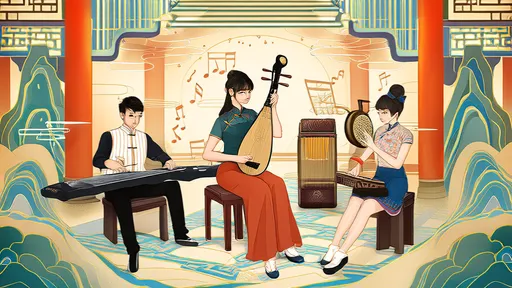
By /Aug 22, 2025

By /Aug 22, 2025
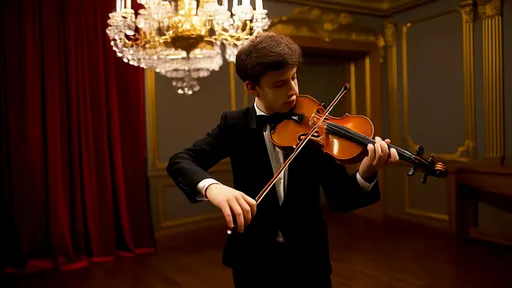
By /Aug 22, 2025

By /Aug 22, 2025
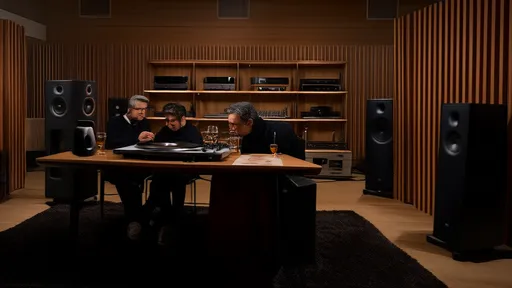
By /Aug 22, 2025
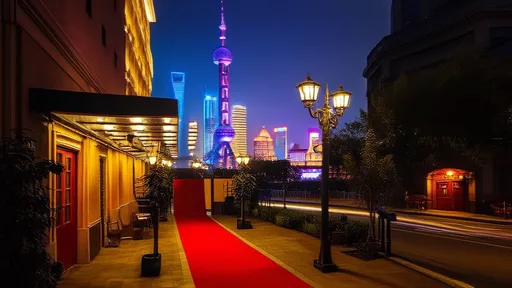
By /Aug 22, 2025
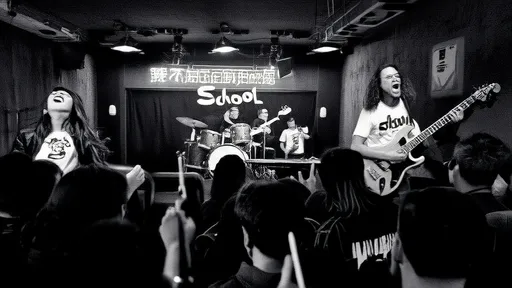
By /Aug 22, 2025